By Débora Coutinho | 7th October, 2022
Human beings are filled with emotions: we sometimes feel sad, other times we're happy; we may feel guilty, or angry; sometimes how we feel is influenced by the feelings of others. But how does this influence our basic activities and, more specifically, how does it influence our studies and learning? Let's find out.
Broaden-And-Build Theory

Driven to find an answer to the question of how positive emotions affect our lives, the Broaden-and-Build Theory of Positive Emotions, presented in 1998, argues that positive emotions, such as happiness, serve to broaden the individual's awareness and exploratory thoughts and actions, contributing to building knowledge.
This theory, therefore, correlates our feelings and our eagerness to know more, to learn more. However, it does not mean that we will only learn when we're happy: if it were like that, we wouldn't be guaranteed to learn anything at all. It's just interesting to notice that our rational and our emotional parts are not totally separated, but can actually work well together when a healthy balance of both is established.
The Good Tools
Analyzing the emotions and how they can impact our learning, it must be said that we should cultivate the good emotions that play the main role in getting knowledge. That is: good tools, such as creativity, which a lot of times are suppressed in the traditional "rational" way of learning, should be well cultivated in places like school since it's become quite clear that they're not negatively influencing one's process of learning, but actually encouraging it. Dr. Mark Thompson, talking about emotional engagement in learning, argues that one of the most important factors in this process is the emotional experience for the learner, in order to create long-term memories. When our brain can connect these two dots, it is easier to keep that information for longer.
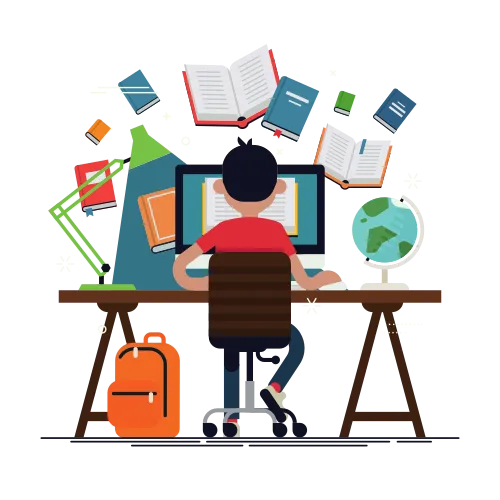
How We Can Use Our Emotions As Tools
As said, we cannot count on our positive emotions to learn. We, as individuals who are constantly being charged with deadlines and different obligations, must cultivate our discipline and responsibility. However, we can also use our emotional tools to make us faster learners. An example of this is looking for the connection between an aspect of our lives and one specific knowledge: the brain, which is looking for patterns everywhere, can better understand learning through the combination of our rational and emotional sides.
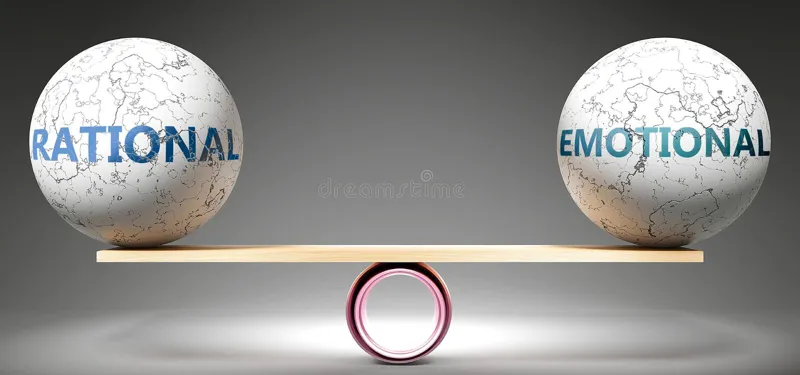
In conclusion, you should know that learning is not only about studying rational and analytical things. Cultivating your creativity by reading, writing, etc.; sharpening your curiosity and focusing on how to answer the questions you raise by yourself; understanding how your emotions work: these are ways to use what you can't suppress completely as your ally.

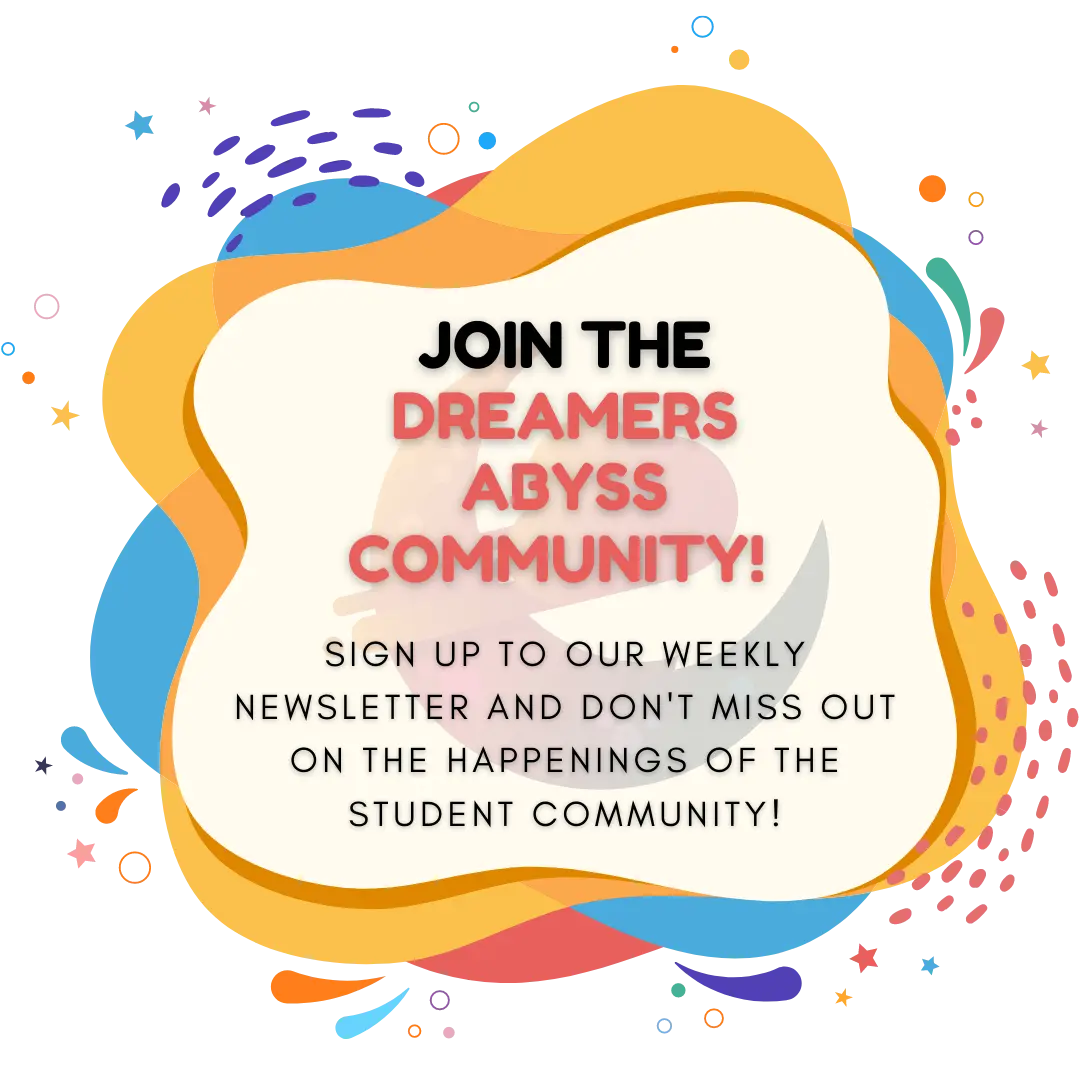
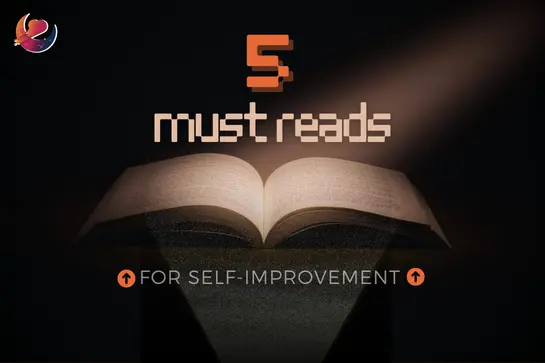
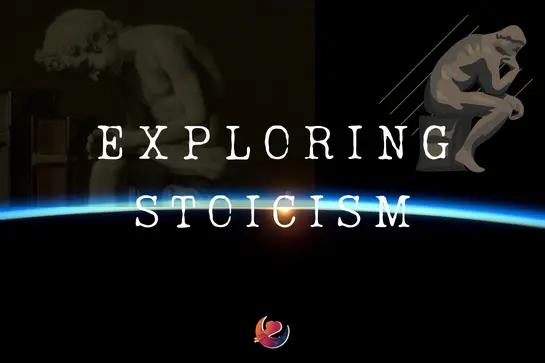
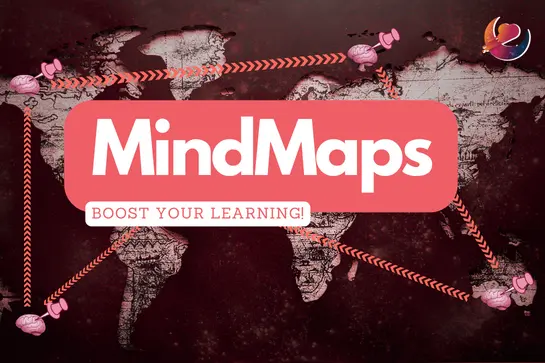
FIND US ON: